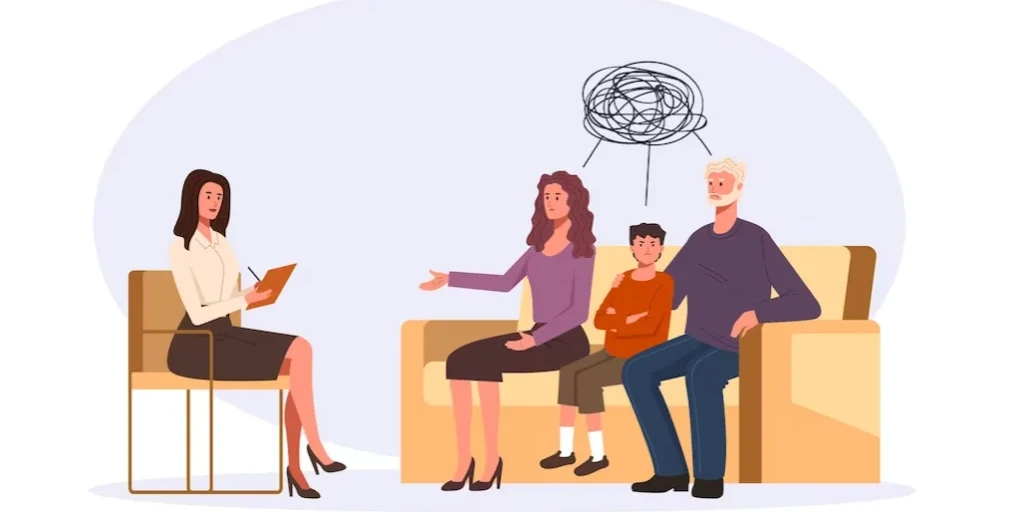24/7 Helpline:
(866) 899-111424/7 Helpline:
(866) 899-1114
Learn more about OCD Treatment centers in Pawhuska

Other Insurance Options

AllWell

Kaiser Permanente

Magellan Health

BlueShield

EmblemHealth

Holman Group

Highmark

Private insurance

Magellan

WellCare Health Plans

PHCS Network

WellPoint

Access to Recovery (ATR) Voucher

Choice Care Network

Optima

UnitedHealth Group

Aetna

Coventry Health Care

Horizon Healthcare Service

United Health Care

Osage Nation – Primary Residential Treatment Center
Osage Nation- Primary Residential Treatment Center is a drug and alcohol residential program run by ...


Edwin Fair Community Mental Health Center – Outpatient
Edwin Fair Community Mental Health Center – Outpatient is a private rehab located in Pawhuska, Oklah...








































































































































